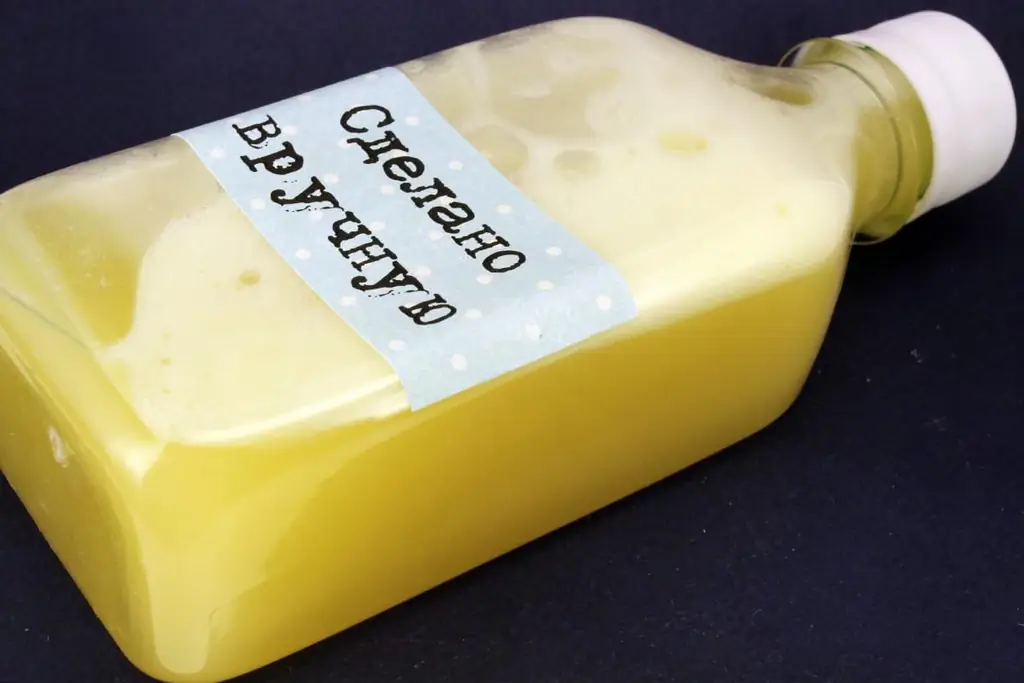
Table of contents:
- Author Bailey Albertson albertson@usefultipsdiy.com.
- Public 2023-12-17 12:53.
- Last modified 2025-06-01 07:32.
Home magic: making dishwashing detergents yourself

Modern household chemicals must be effective. Most often we use dishwashing detergents, since this is what we do every day. But purchased products are not always safe, therefore, for many housewives, questions are relevant whether it is possible to replace chemistry with natural and inexpensive means, how to cook them with your own hands.
Content
- 1 Pros and cons of natural products and household chemicals for washing dishes
-
2 Homemade Dishwashing Recipes
- 2.1 How to wash dishes with mustard powder
- 2.2 Home remedies based on table salt, vinegar and mixtures thereof
- 2.3 Soda-based dishwashing paste
- 2.4 Lemon for washing and cleaning dishes
- 2.5 How to wash glassware with ammonia
-
2.6 Pastes and gels for washing dishes from laundry soap
2.6.1 How to Make Laundry Soap Liquid Dish Cleaner
- 3 Handy tools for cleaning dishes: bamboo napkin, stationery glue, Whiteness
- 4 User Reviews
- 5 Dish cleaner made of soda and laundry soap - video
Pros and cons of natural products and household chemicals for dishwashing
In small shops and supermarkets, you can find rows of shelves with colorful bottles and cans of dishwashing detergent. They are inexpensive and, according to manufacturers, are economical and highly efficient. To make the product foam, surfactants are added to it - surfactants. They can be of three types: anionic, nonionic, amphoteric. Anionic surfactants contain petroleum products and are the cheapest and most harmful. They are most commonly added to gels and other dishwashing detergents. Although they effectively wash away fat, there is no need to talk about safety. These are toxic additives that penetrate tissues and irritate the skin and respiratory tract. In addition, there is another danger in the composition of modern products - phosphates.

You can replace household chemicals for washing dishes with improvised means
More and more housewives are abandoning modern household chemicals, replacing them with self-prepared pastes and gels, thanks to the obvious advantages of natural remedies.
- Naturalness. You know exactly what your dishwashing detergent is made of. Typically recipes include laundry soap, vinegar, baking soda, and other available and natural ingredients.
- Financial benefit. All components are very cheap.
- Security. Wiping off store-bought dish gel from plates and cups is completely problematic, no matter what the TV ad says. If you pay attention to the composition, you will find that most dishware and laundry detergents are practically the same. Chemical liquids form a film on the surface of the dishes, the remains of which we eat day after day. It seems to be a little and not so harmful, but in fact it turns out that each person "eats" about 0.5 liters of detergents in 1 year.
- Another plus of natural remedies is the practically minimized likelihood of allergies, dermatitis, etc. In addition, do-it-yourself pastes and gels for washing dishes will save your family from another danger of poisoning. Small children, attracted by the bright label and pleasant aroma (perfume is often added to the products), may well taste such a gel. And with natural remedies, there is no such danger. Even if a child tries such a mixture, there will be no serious consequences. Of course, you can choose products from the "eco" series, which do not contain oil products and harmful surfactants. But they are much more expensive and their assortment is scarce.
In comparison with household chemicals, hand-made products have the following disadvantages:
- you will have to spend time preparing them;
- most natural pastes and gels have little or no storage;
- effective only in warm and hot water.
Homemade Dishwashing Recipes
For self-preparation of a gel or paste for cleaning dishes, you use the means that are in any home - soda, table vinegar, laundry soap, mustard powder, salt, lemon juice and essential oils.
How to wash dishes with mustard powder
The easiest way to use mustard powder is to grate greasy dishes and rinse with warm water. You can mix it with baking soda if you need to clean delicate china items. A washing liquid is also prepared from mustard powder.
- Mix powder with warm water in a 1: 2 ratio and leave for 2-3 hours.
- Pour the mixture into a suitable container.
The product dissolves fat and burnt food residues well. This liquid can be used for enamel or Teflon coated pans and pans.

Dry mustard powder will quickly clean oily dishes
Home remedies based on table salt, vinegar and mixtures thereof
Cooking salt will effectively clean dishes, but it is abrasive and can scratch, for example, Teflon or glass dishes. It is good to use if you need to clean deeply burnt pans and pots inside.
- Sprinkle salt (preferably shallow salt, as it dissolves faster) the burnt areas on the dishes so that it covers them with a thin layer.
- Pour water so that the level is just above the salt layer.
- Put on fire.
- As it boils, add a little water until all impurities are gone. You do not need to scrub additional dishes.
If the food is very badly burned, then pour a layer of salt about 1 cm thick on the bottom and leave it overnight. Add water in the morning, boil and wash the dishes in warm water.
Prepare a saline solution to clean stainless steel.
- Mix 9% vinegar with salt in a 1: 1 ratio.
- Moisten a sponge and rub the dishes with the solution.
- Rinse it well with running water and ventilate the kitchen.
Vinegar is non-toxic, but has a distinct odor, so take care of ventilation during and after cleaning and try not to inhale the vapors. Only table vinegar is suitable for cleaning dishes, but not concentrated essence. It can only be used diluted. Since vinegar is acidic, it also works well with lime on the bottom of pots and kettles.
- Dissolve vinegar and water in half and pour into a kettle or pot so that the solution completely covers the lime deposits.
- Leave it on for a few hours, preferably overnight.
- Rinse the dishes well with warm water in the morning. This solution also cleans well glass objects - plates and glasses, as well as blackened aluminum dishes.
There is another good recipe with vinegar. It is suitable both for glassware and for cleaning glasses from various contaminants. You will need:
- warm water - 200 ml;
- table vinegar - 100 ml;
- lemon juice - 1 tablespoon;
- mixing jar;
- funnel;
- bottle with a spray bottle with a capacity of about 500 ml.
Preparation:
- Combine all ingredients in a jar and use a funnel to pour into the bottle.
- Apply to windows or glassware and wipe off with a tissue or paper towel.

Table salt and vinegar effectively cleanse dishes and remove lime
Soda based dishwashing paste
Even being an abrasive, soda will wash delicate dishes without scratching. Of course, provided that you do not violently rub cups and plates with dry soda, but make a paste of soda and water in a ratio of about 1: 1. It can also help clean pots and pans if the food is burnt.
- Pour baking soda on the bottom of the dish to cover the dirt.
- Pour in water. Its level should be just above the soda layer.
- Place the cookware on the hotplate and simmer until all dirt is removed. Usually 15-20 minutes are enough.

Baking soda instantly removes tea and coffee deposits
Lemon for washing and cleaning dishes
The acid in lemon juice will help to remove limescale deposits from dishes, remove plaque and bleach dishes.
- To wash dishes, dilute 5 g of citric acid powder in 1 liter of warm water.
- For bleaching, gently rub the dishes with lemon juice, rinse thoroughly and wipe dry.
- To clean ceramic dishes, mix lemon juice (3 tablespoons) and whey (50 ml), moisten a sponge with the solution and wipe the dishes, and then rinse with clean water.

Lemon juice is known for its bleaching properties
How to clean glassware with ammonia
Means from the first aid kit - peroxide and ammonia - will also help clean dishes from contamination. Housewives use hydrogen peroxide less often, since there are cheaper, but no less effective substances. And ammonia is ideal for these purposes. He will help to wash the most delicate dishes - glass with gilding or patterns.
- Dilute ammonia (1 tbsp. L.) In warm water (1 l.).
- Carefully, without effort, rinse the dishes and rinse thoroughly in clean water.
Dishwashing paste and gels made from laundry soap
Known for its antibacterial properties, 72% yellow laundry soap will serve as a basis for preparing dishwashing detergents. Some housewives wash dishes by simply soaping a sponge on a bar. But this method is not suitable for everyone, since the smell of laundry soap is specific. Better to make a paste or gel based on it with the addition of essential oils for a pleasant aroma.

Safe household chemicals are prepared on the basis of laundry soap
Laundry soap can be used to prepare products of different consistencies.
- Paste. Grate half a bar (100 g), add 0.5 cups of hot water and beat until foamy using a mixer or whisk. Add 2/3 cup baking soda and a drop of essential oil. For an antibacterial effect, it is best to add tea tree or lavender oils. This paste can not only wash dishes, but also clean the sink, tiles, plumbing.
- Gel. You can get a thinner detergent by adding water: dilute 50 g of grated soap in 2 cups of hot water, add glycerin (3 tbsp. L.) And lemon juice (4-5 tbsp. L.). Optionally, you can drop your favorite essential oil - no more than 3 drops.
- The gel-jelly is suitable even for people with very sensitive skin and allergy sufferers. Melt 50 g of soap in 0.5 tbsp. hot water in a water bath, add 1.5 liters of warm or hot water and bring to a boil. Then turn off the heat and add 2 tbsp. l. soda ash. Dissolve it completely and add 10 drops of any essential oil.
There are other options for making soap-based dishwashing detergent. Housewives add various substances to it for greater efficiency and protection of the skin of the hands.
- Melt half a bar (100 g) in a glass of hot water and boil in a water bath for several minutes.
- When the product is gel-like in consistency, add 1 tablespoon each of mustard powder and castor oil. If you wish, you can also add coffee grounds (2 tbsp. L.), Calendula tincture (1 tbsp. L.) And 2-3 drops of essential oil. Coffee grounds will cleanse plaque from tea and darkened dishes, alcohol tincture is needed for disinfection, and castor oil will soften the skin of the hands.
- If the gel is thin, don't worry: it will cool down and become thicker.
How to Make Laundry Soap Liquid Dish Cleaner
Handy dish cleaning products: bamboo napkin, stationery glue, Whiteness
Almost everyone uses dishwashing sponges. They are cheap and do their job. In rural areas, nets - small pieces of fishing nets - are used for cleaning and washing dishes. Some knit napkins themselves, for example, from nylon. Seasonally, pumpkin tops are used to clean and shine dishes: fresh leaves are kneaded and washed or cleaned with them. Urban dwellers do not have to grow pumpkin or knit dishcloths. A bamboo napkin can handle this task. Fibers from this plant do not absorb odors, do not damp, so that the napkin will not "sour".

Bamboo napkin washes greasy dishes without soap
Almost every housewife has a frying pan or saucepan "inherited from her grandmother" - heavily smoked, but very convenient. And we continue to fry and bake something in it, increasing the carbon layer. It is not possible to clean it mechanically, but there is one way to restore youth to the dishes. You will need a larger cookware - a metal bucket or boiled pot (a large saucepan.
- Place your craft glue and a bar of laundry soap in a large saucepan, metal bucket, or boiled water. The amount of glue is about 1/3 cup.
- Put soiled dishes in a container and fill with water so that it is completely covered.
- Bring to a boil, reduce heat, and simmer. Usually half an hour to an hour of boiling is enough.
- Remove the dishes and rinse well in clean water.
- If carbon deposits are not completely removed, rub with a stiff brush.
By the same principle, you can use a composition of glue (also 1/3 cup) and soda ash (0.5 pack).
If there is a sick person in the house, then his dishes can be disinfected by preparing a solution of "Whiteness".
- Dissolve 100 ml of the product in one liter of water.
- Wash the dishes in this solution and rinse thoroughly in clean water.
- Be sure to use gloves and ventilate the kitchen after work.
This solution can also disinfect plumbing in the bathroom and kitchen. You should not use washing powder and liquid soap, even baby soap, for washing dishes, as they are not easily washed off. It is safer to clean the dishes with baking soda.
User reviews
Soda and laundry soap dishwashing detergent - video
Buy chemical gels with bright labels or prepare your own dishwashing detergents - it's up to you. But, if you really make a choice in favor of the health of your family, then make pastes and cleansing liquids yourself from available and simple means - soda, laundry soap, mustard powder, etc.
Recommended:
How To Bleach Linen At Home Using Soda, Hydrogen Peroxide, Aspirin And Other Means, Methods For White Clothes
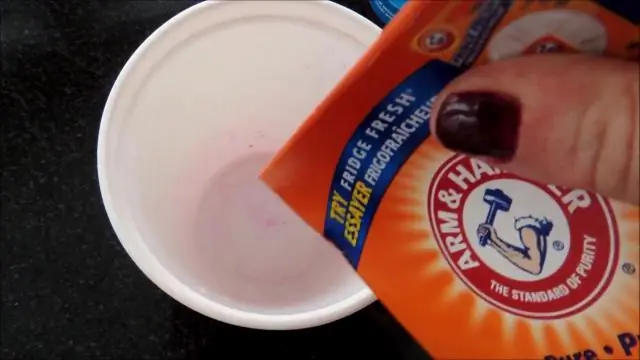
How to bleach linen at home: traditional and folk methods, machine in the machine and hand wash. Tips for bleaching fabrics
How To Make Soap At Home With Your Own Hands: Making Solid, Liquid, From A Soap Base And Not Only, Master Classes With Photos

Making soap at home with your own hands. What can be done, what components are required, step-by-step master classes with photos
How To Make Mustard From Powder (dry, Mustard) Quickly And Tasty + Video
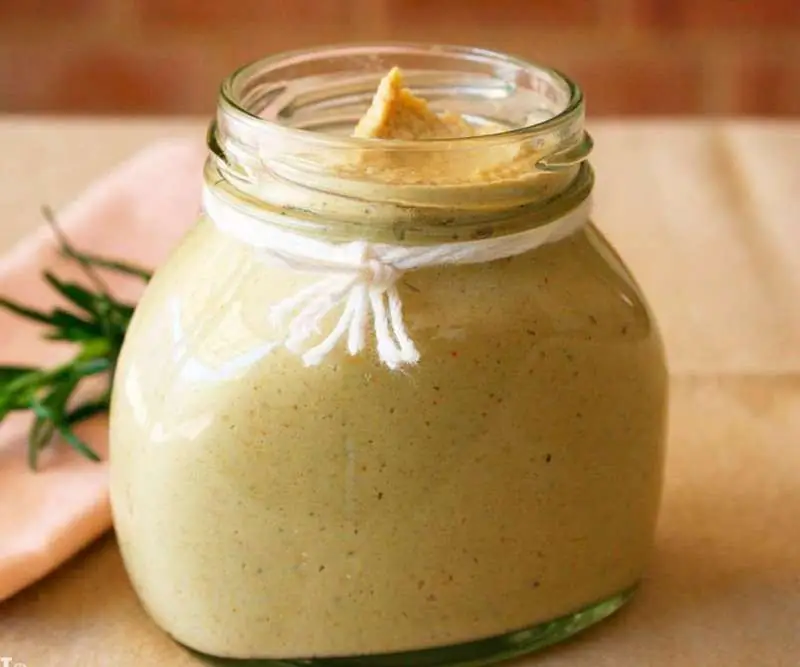
Making homemade mustard from mustard powder. Detailed recipes, ingredients, step by step cooking process
How To Clean Kitchen Towels At Home (with Or Without Boiling) Using Soap, Mustard, And Other Products
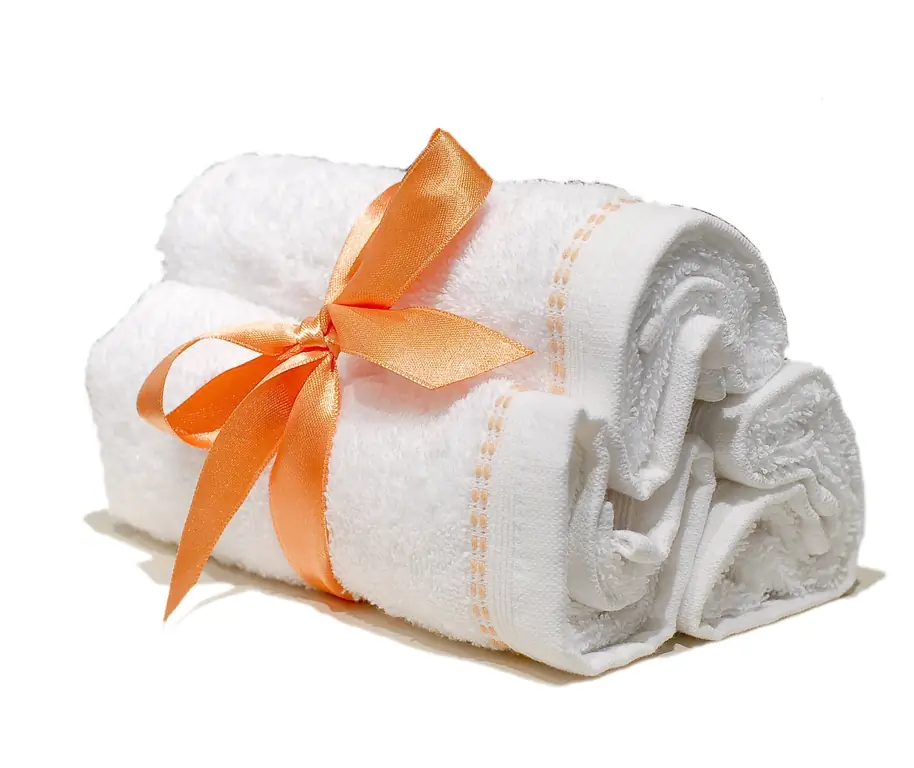
Detailed descriptions of how to wash kitchen towels. Removal of various types of contamination with and without boiling
The Use Of Hydrogen Peroxide To Solve Everyday Problems
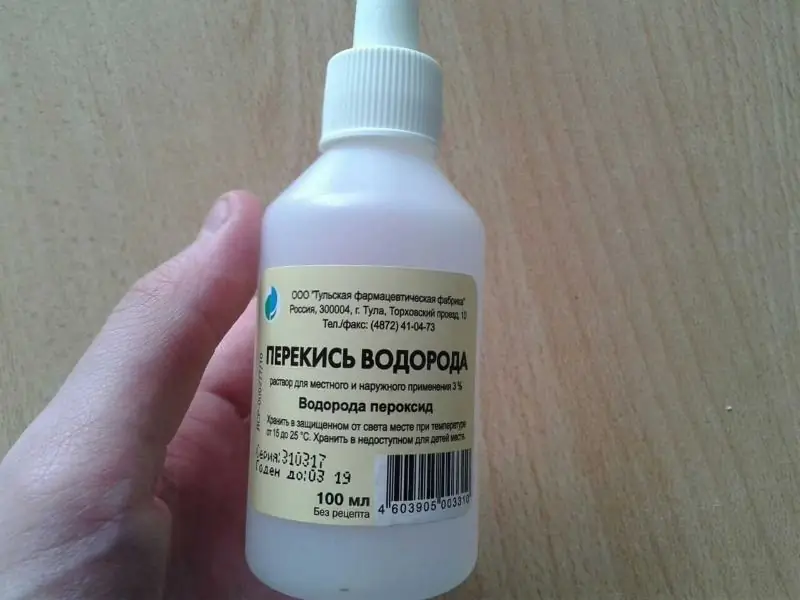
What household problems can a hydrogen peroxide solution easily deal with?
